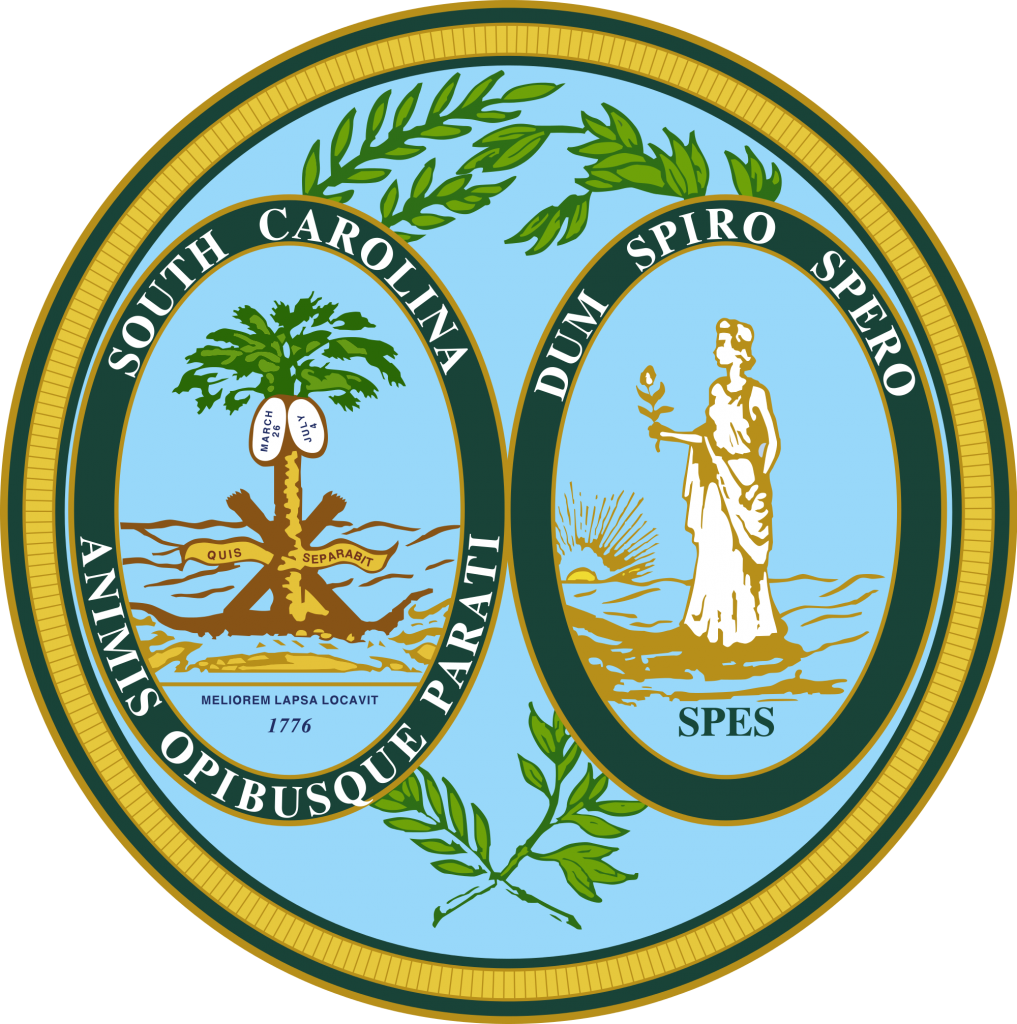 COLUMBIA, SC — The General Assembly appropriations for SC higher education fell short of SCICU’s goals in the FY 2017-18 budget. Legislators approved $500,000 for the need-based Tuition Grants program and $500,000 for the state’s need-based grant program.
COLUMBIA, SC — The General Assembly appropriations for SC higher education fell short of SCICU’s goals in the FY 2017-18 budget. Legislators approved $500,000 for the need-based Tuition Grants program and $500,000 for the state’s need-based grant program.
The Tuition Grants Commission had requested $5.3 million to increase the maximum individual award from $3,200 to $3,650. CHE requested $1.1 million for the state program. The House version of the budget did not provide additional funds for either program, while the Senate version recommended $1.3 million for each program.
Because the Tuition Grants Commission receives approximately 16% of the total appropriations of the state’s need-based grant program, the Commission will receive an additional $80,000 for Tuition Grants in FY 2017-18. The modest increases to both programs are not sufficient to raise the maximum Tuition Grant above the current $3,200 figure.
The House and Senate fully-funded the merit scholarship program to include adding more than $14.5 million to cover the cost of approximately 6,300 additional students who qualified for scholarships after the high school grading policy was changed last fall from a 7-point to a 10-point scale.
PASCAL, the higher education academic library consortium, was added to the budget as the #2 priority for up to $1.5 million in unclaimed excess lottery funds. Gov. McMaster vetoed this line item and similar ones, preferring to carry lottery revenue in excess of estimates forward into the next year and be used for scholarships.
The General Assembly will return in January 2018 to consider vetoes, but with or without the veto, it is unlikely that PASCAL will receive any funds this year because there will not be sufficient excess funds to cover allocations.
In a year when revenues were flat, legislators were challenged to find funding not only for the day-to-day operations of state government, but also for exceptional demands such as $150 million to shore up the underfunded state pension plan, $68 million for Hurricane Matthew relief, and almost $30 million to accelerate the replacement of school buses. It proved to be a difficult budget year for higher education.
